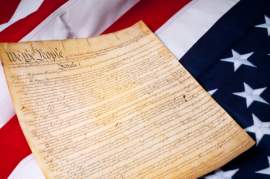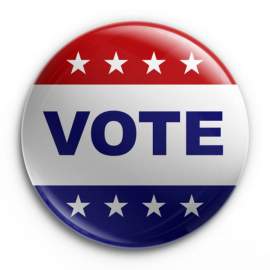
Katz v. United States

Katz V. United States: The Background
The case of Katz v. United States began in 1967, when Charles Katz used a public telephone in Los Angeles, California to phone-in illegal gambling bets. Katz used the public phone to place bets with bookies in Miami and Boston. While placing these illegal bets over the phone, Mr. Katz was unaware that the United States Federal Government—through the FBI—was listening. The Federal Bureau of Investigations (FBI) was able to listen to Katz place illegal bets because the agency tapped that specific phone.
Following the recorded conversations, Katz was arrested and immediately taken into custody by the FBI. In response to the arrest, Charles Katz said the police had violated his rights as an American citizen; he claimed the FBI and the Los Angeles Police Department disrupted his right privacy.
The right to privacy is a Constitutional liberty granted to all American citizens. The right to privacy requires all government authorities to protect the privacy of individual American citizens. Because of these rights, the case of Katz v. United States is regarded as groundbreaking and unique.
Katz V. United States: The Case Profile
The Katz V. United States trial took place on October 17th of 1967. In response to his arrest, Katz appealed the charges and claimed that the FBI lacked sufficient evidence and probable cause to record his telephone conversations. To legally record phone conversations—to do so without invading a citizen’s privacy—the FBI or any police department must have probable cause. In other words, the government must have solid evidence that you are a criminal or are engaging in illegal activity. Without this evidence, without probable cause, the government cannot invade your privacy.
The Katz v. United States trial was decided on December 18th of 1967. The case was heard in the Supreme Court of the United States.
Katz V. United States: The Verdict
In Katz v. United States, the United States Supreme Court ruled in favor of Katz, stating that the Police Department and the FBI violated his right to privacy. This right is expressed in the 4th Amendment to the United States Constitution.
The United States Supreme Court stated that use of a public phone is private in nature. When an individual is making a call, no government agency is allowed to listen to the call unless they have secured probable cause or evidence that points to illegal activity.
The 4th Amendment to the United States Constitution does not allow any agency to engage in unlawful searches and seizures of American citizens. This amendment also defines what the right of privacy is and what is required to break an American citizen’s right to privacy.


















